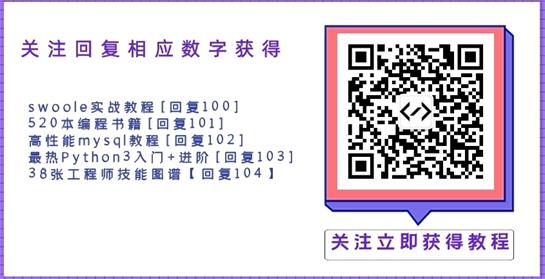一、图片变换
0、导入模块
导入相关函数,遇到报错的话,直接pip install 函数名。
import numpy as np import argparse import cv2
参数初始化
ap = argparse.ArgumentParser()
ap.add_argument("-i", "--image", required = True,
help = "Path to the image to be scanned")
args = vars(ap.parse_args())
Parameters:
--image images\page.jpg
1、重写resize函数
def resize(image, width=None, height=None, inter=cv2.INTER_AREA): dim = None (h, w) = image.shape[:2] if width is None and height is None: return image if width is None: r = height / float(h) dim = (int(w * r), height) else: r = width / float(w) dim = (width, int(h * r)) resized = cv2.resize(image, dim, interpolation=inter) return resized
2、预处理
读取图片后进行重置大小,并计算缩放倍数;进行灰度化、高斯滤波以及Canny轮廓提取
image = cv2.imread(args["image"]) ratio = image.shape[0] / 500.0 orig = image.copy() image = resize(orig, height = 500) gray = cv2.cvtColor(image, cv2.COLOR_BGR2GRAY) gray = cv2.GaussianBlur(gray, (5, 5), 0) edged = cv2.Canny(gray, 75, 200)
3、边缘检测
检测轮廓并排序,遍历轮廓。
cnts = cv2.findContours(edged.copy(), cv2.RETR_LIST, cv2.CHAIN_APPROX_SIMPLE)[0]# 轮廓检测 cnts = sorted(cnts, key = cv2.contourArea, reverse = True)[:5]#保留前5个轮廓 # 遍历轮廓 for c in cnts: # 计算轮廓近似 peri = cv2.arcLength(c, True)# 计算轮廓长度,C表示输入的点集,True表示轮廓是封闭的 #(C表示输入的点集,epslion判断点到相对应的line segment 的距离的阈值,曲线是否闭合的标志位) approx = cv2.approxPolyDP(c, 0.02 * peri, True) # 4个点的时候就拿出来 if len(approx) == 4: screenCnt = approx break
4、透视变换
画出近似轮廓,透视变换,二值处理
cv2.drawContours(image, [screenCnt], -1, (0, 255, 0), 2)
warped = four_point_transform(orig, screenCnt.reshape(4, 2) * ratio)#透视变换
# 二值处理
warped = cv2.cvtColor(warped, cv2.COLOR_BGR2GRAY)
ref = cv2.threshold(warped, 100, 255, cv2.THRESH_BINARY)[1]
cv2.imwrite('scan.jpg', ref)
二、OCR识别
0、安装tesseract-ocr
链接: 下载
在环境变量、系统变量的Path里面添加安装路径,例如:E:\Program Files (x86)\Tesseract-OCR
tesseract -v#打开命令行,进行测试 tesseract XXX.png result#得到结果 pip install pytesseract#安装依赖包
打开python安装路径里面的python文件,例如C:\ProgramData\Anaconda3\Lib\site-packages\pytesseract\pytesseract.py
将tesseract_cmd 修改为绝对路径即可,例如:tesseract_cmd = ‘C:/Program Files (x86)/Tesseract-OCR/tesseract.exe'
1、导入模块
from PIL import Image import pytesseract import cv2 import os
2、预处理
读取图片、灰度化、滤波
image = cv2.imread('scan.jpg')
gray = cv2.cvtColor(image, cv2.COLOR_BGR2GRAY)
gray = cv2.medianBlur(gray, 3)
3、输出结果
filename = "{}.png".format(os.getpid())
cv2.imwrite(filename, gray)
text = pytesseract.image_to_string(Image.open(filename))
print(text)
os.remove(filename)
到此这篇关于Opencv 图片的OCR识别的实战示例的文章就介绍到这了,更多相关Opencv 图片的OCR识别内容请搜索自学编程网以前的文章或继续浏览下面的相关文章希望大家以后多多支持自学编程网!

- 本文固定链接: https://zxbcw.cn/post/206579/
- 转载请注明:必须在正文中标注并保留原文链接
- QQ群: PHP高手阵营官方总群(344148542)
- QQ群: Yii2.0开发(304864863)
